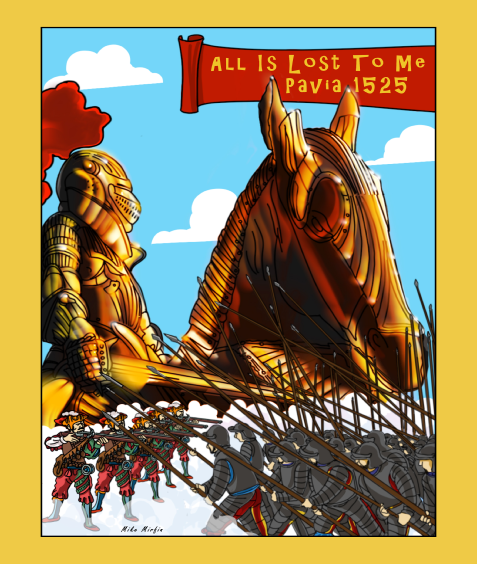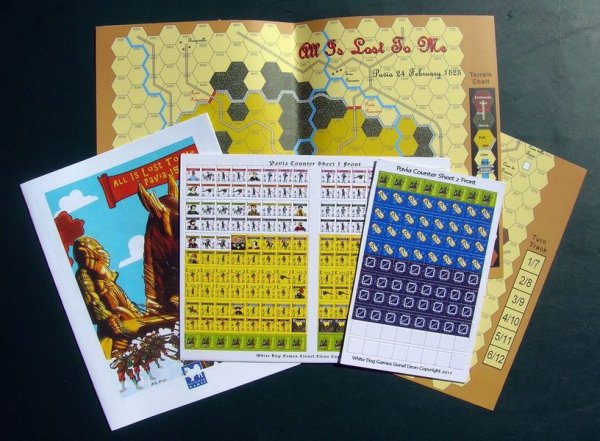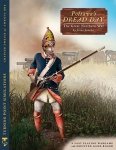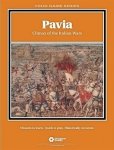-
Załączniki bezpieczeństwa
Załczniki do produktuZałączniki dotyczące bezpieczeństwa produktu zawierają informacje o opakowaniu produktu i mogą dostarczać kluczowych informacji dotyczących bezpieczeństwa konkretnego produktu
-
Informacje o producencie
Informacje o producencieInformacje dotyczące produktu obejmują adres i powiązane dane producenta produktu.White Dog Games
-
Osoba odpowiedzialna w UE
Osoba odpowiedzialna w UEPodmiot gospodarczy z siedzibą w UE zapewniający zgodność produktu z wymaganymi przepisami.
Hailed as the first modern battle, Pavia marked the rise of hand-held firearms as a tool of warfare. The arquebus became the bench-mark for an entire species of guns. It offered a wooden stock, shaped to nestle in the shoulder, which now meant a gun could be aimed. Politically, France’s defeat at Pavia changed the balance of power in Europe. As a prisoner, the French king Francis I wrote : “To inform you of how the rest of my ill-fortune is proceeding, all is lost to me save honor and life, which is safe …” The game map represents the battlefield of Pavia. A hex grid has been superimposed on the map to regulate movement. Each hex represents about 200 yards. The game has 12 turns, each turn representing about 30 minutes. Each combat unit represents from 400 to 800 men or horses or guns. The game starts with the Spanish army having arrived to relieve the siege of Pavia by the French army. Play is composed of 12 turns. Each turn comprises two identical sequences of phases, one for each player. Sequence of play The active player’s turn is organized into the following phases : a) Out of command check b) Rally c) French Commander Initiative Check d) Movement e) Passive Player Reaction Movement f) Defensive Fire g) Offensive Fire h) Melee
268 pawns and counters
Game design : Lionel LIRON
Original Counter Art : Lionel LIRON
Counter Design : Ton Cundiff
Box Art : Mike Mirfin
Game Board : Michael W. Kennedy











